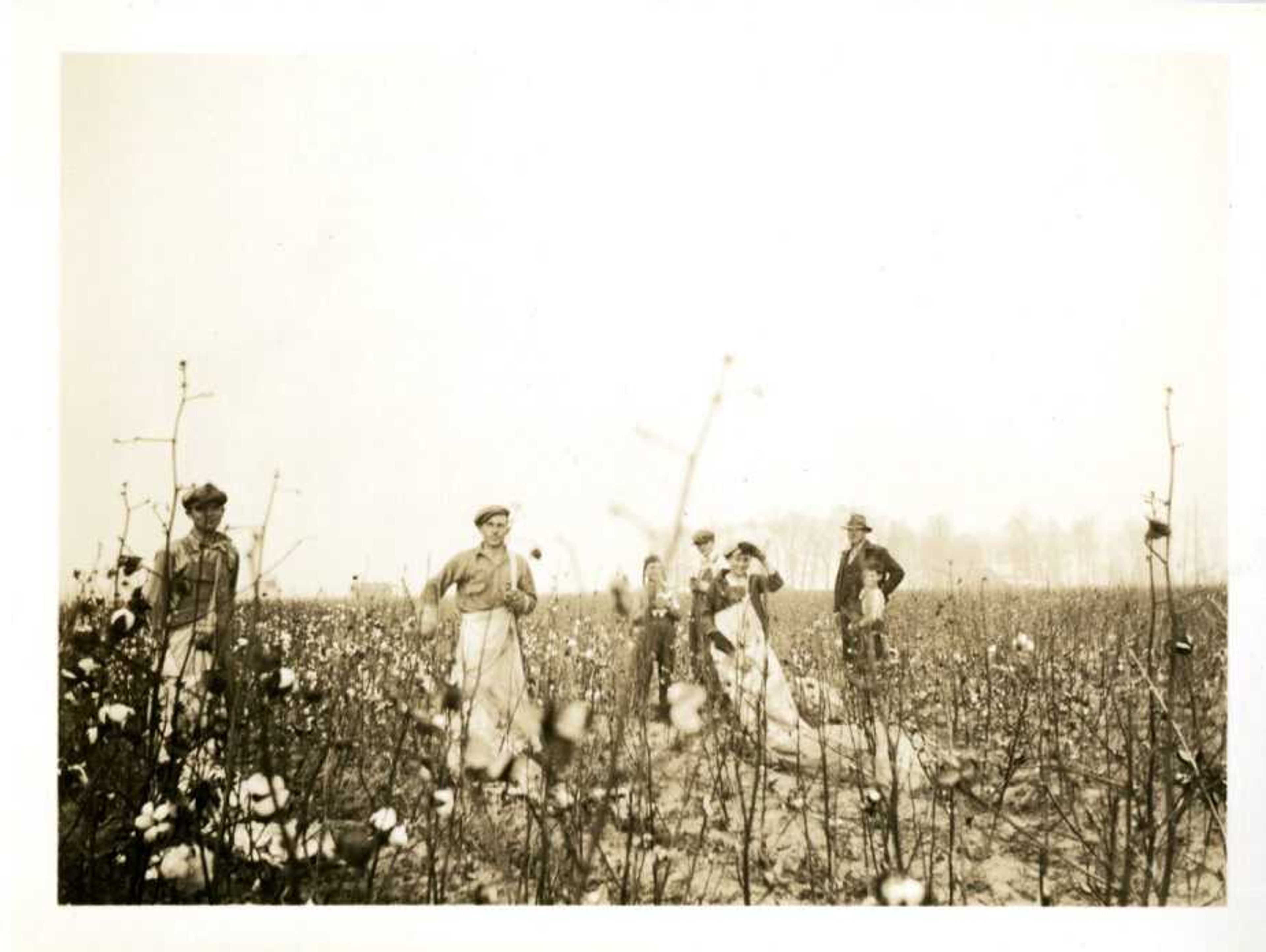Farming in Risco, Missouri
Manfred James Holmes and his son, Parker Manfred Holmes, owned approximately 200 acres of adjoining farmland in New Madrid County, Missouri, near the town of Risco in the 1920s and 1930s. It is unclear when they originally purchased their property. According to the 1920 census, the Holmes family lived in Normal, Illinois, where Manfred was a professor at Illinois State Normal University (now Illinois State University). ...
Manfred James Holmes and his son, Parker Manfred Holmes, owned approximately 200 acres of adjoining farmland in New Madrid County, Missouri, near the town of Risco in the 1920s and 1930s. It is unclear when they originally purchased their property. According to the 1920 census, the Holmes family lived in Normal, Illinois, where Manfred was a professor at Illinois State Normal University (now Illinois State University). It is also unclear where they heard about the farmland being for sale, because Normal is 350 miles from Risco.
Father and son remained in Illinois and made occasional visits to their farmland in Southeast Missouri. Like many large landowners in Southeast Missouri at the time, the Holmes rented their land to tenant farmers. One of the tenants was Benjamin Smelser and his family. By definition, tenant farming is when individuals rent from a land owner and part of their rent is paid for through the tenants' physical labor by planting and harvesting crops.
In Southeast Missouri typical crops planted were wheat, corn and cotton. Farming during this time was challenging because flooding occurred quite frequently. The Little River Drainage District began draining the swampland in this part of the state between 1914 and 1928. Hundreds of miles of ditches and levees were created to prevent flooding. The Holmes' land was drained by Ditches 7 and 8. The ditches still flooded and caused problems for farmers.
Manfred wrote his son Aug. 4, 1919, that the land between the ditches "was under water -- some of it fully knee deep, at times nearly all of it over ankle-deep." With all the standing water, no crops could be planted. Both Parker and Manfred did admit in letters to each other that they didn't think highly of their tenants' farm management skills. Manfred commented in 1921 that "farmers have made a big mistake in not putting a greater variety of crops. Farming will never be a success for the farmer until he can know what and how much to plant and raise."
The draining of the swamplands in Southeast Missouri exposed rich soil that provides a multi-million-dollar economic boost for the area to this day. In an undated, typed advertisement, Manfred mentioned to potential buyers that his land was "rich deposit land of S.E. Missouri. Last of the green corn land; best of the new cotton land; clover, wheat, and other staple crops ... all but 70 acres cleared ... well-drained."
Manfred died Aug. 8, 1949, in Normal, Illinois, and is buried in Park Hill Cemetery and Mausoleum in Bloomington, Illinois.
Parker moved from Illinois and taught as a professor of marketing at St. Louis University and Marquette University before moving to California. He died Sept. 30, 1982, in Sacramento. He is buried in Calvary Catholic Cemetery and Mausoleum in Sacramento.
Connect with the Southeast Missourian Newsroom:
For corrections to this story or other insights for the editor, click here. To submit a letter to the editor, click here. To learn about the Southeast Missourian’s AI Policy, click here.











